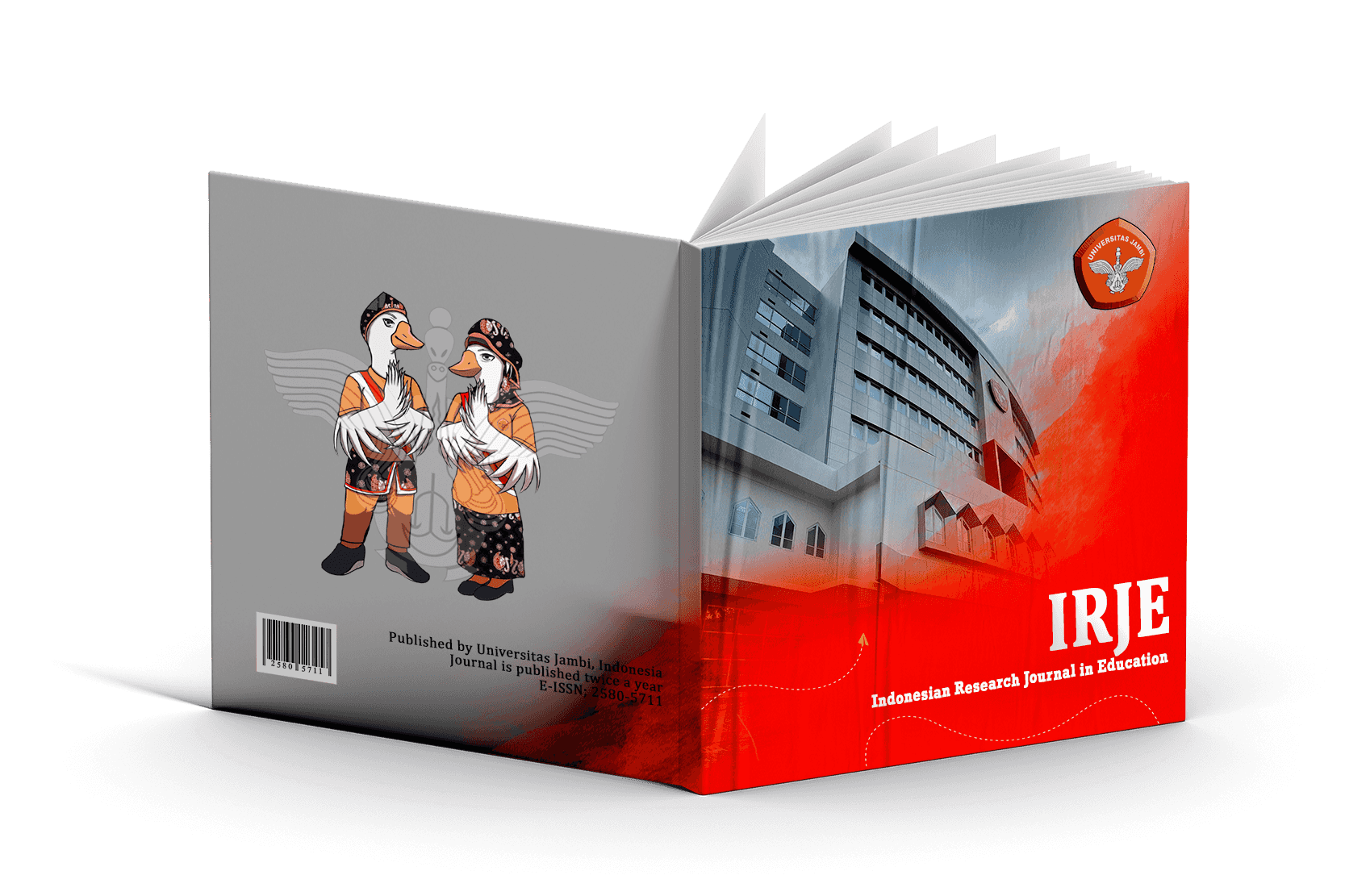Revisiting Washback Inquiries in Indonesia
DOI:
https://doi.org/10.22437/irje.v9i01.37467Abstract
This research revisits the washback concept in Indonesia’s education system, specifically focusing on the impact of national standardized tests on teaching and learning practices. In Indonesia, high-stakes testing, such as the national examination, has been used to assess educational quality, often influencing curriculum design, teaching methods, and student motivation. The research highlights how such examinations can narrow the curriculum, encourage teaching to the test, and place undue pressure on stakeholders, including teachers and students. Drawing from research conducted in Indonesia and globally, the research also discusses the need for further investigations to develop assessment models that promote positive washback effects. This shift opens opportunities for rethinking assessments that support holistic learning and skill development. The research concludes by emphasizing the importance of well-designed assessments in fostering positive educational outcomes and improving the quality of education in Indonesia.
Downloads
Downloads
Published
How to Cite
Issue
Section
License
Copyright (c) 2025 Indonesian Research Journal in Education |IRJE|

This work is licensed under a Creative Commons Attribution-NonCommercial-ShareAlike 4.0 International License.
After the manuscript is accepted for publication, authors will be required to sign a copyright transfer form. Copyright will be transferred to Jambi University, the Graduate School, Doctoral Program in Education, via e-mail. A copyright form will be sent to you via e-mail after the accepted manuscript has been submitted.





